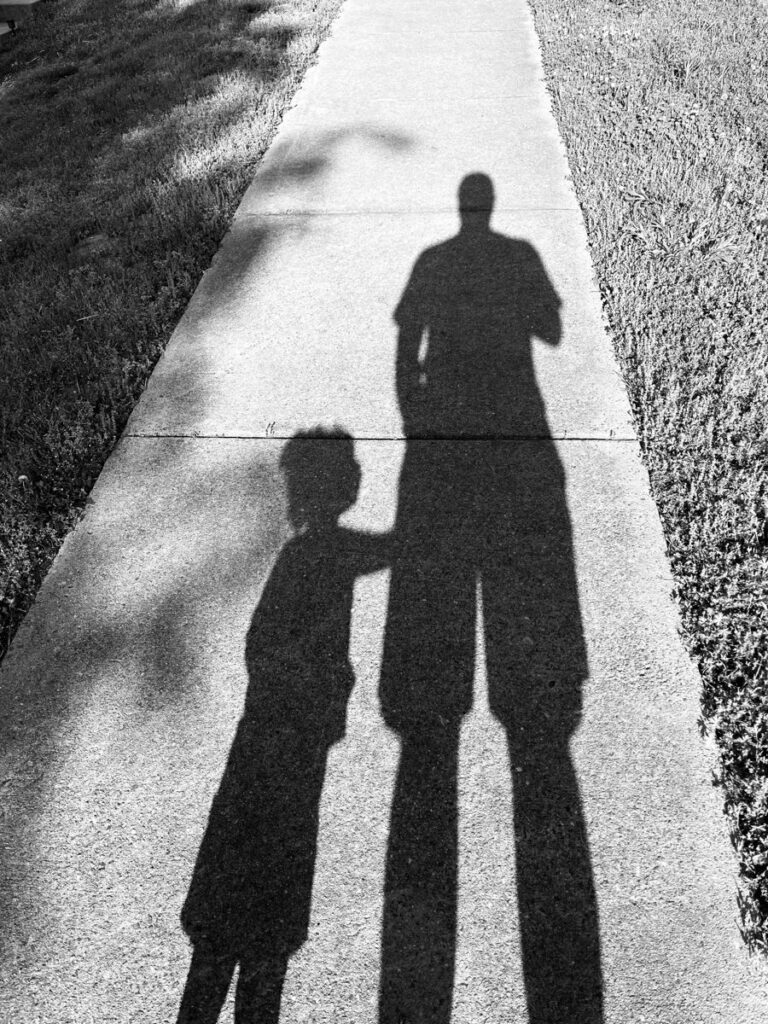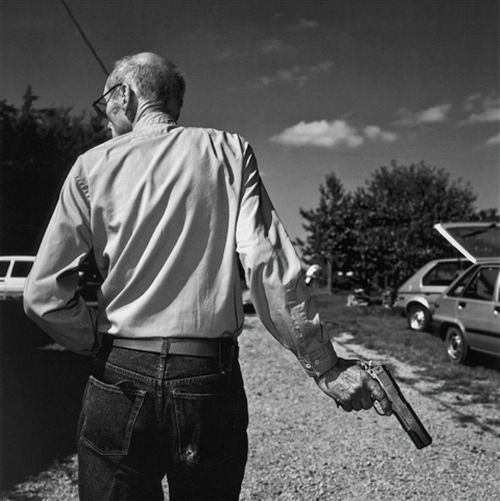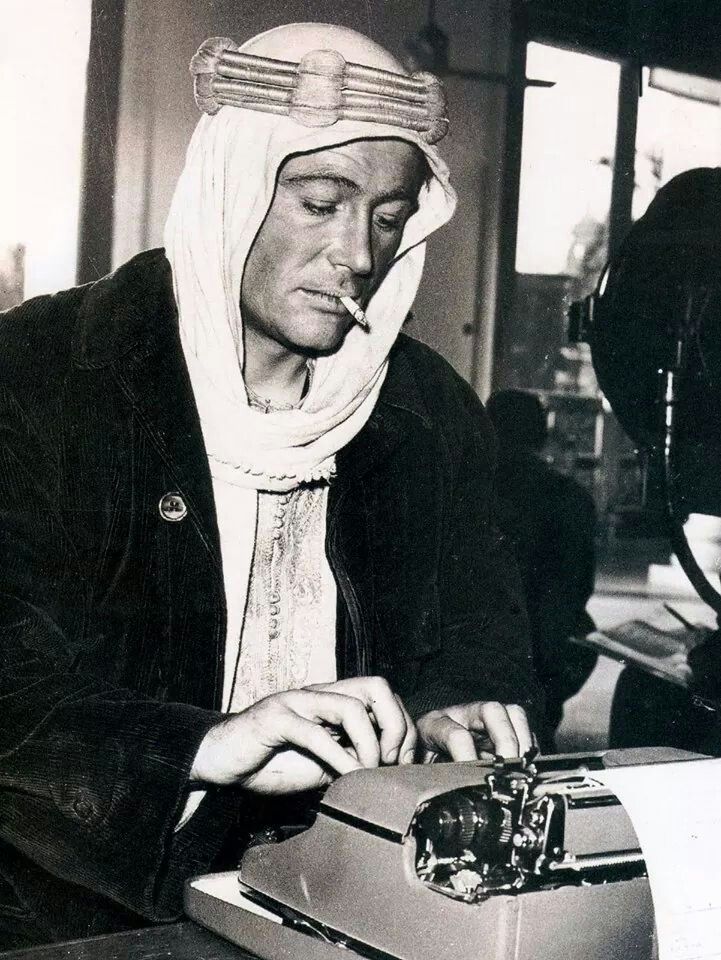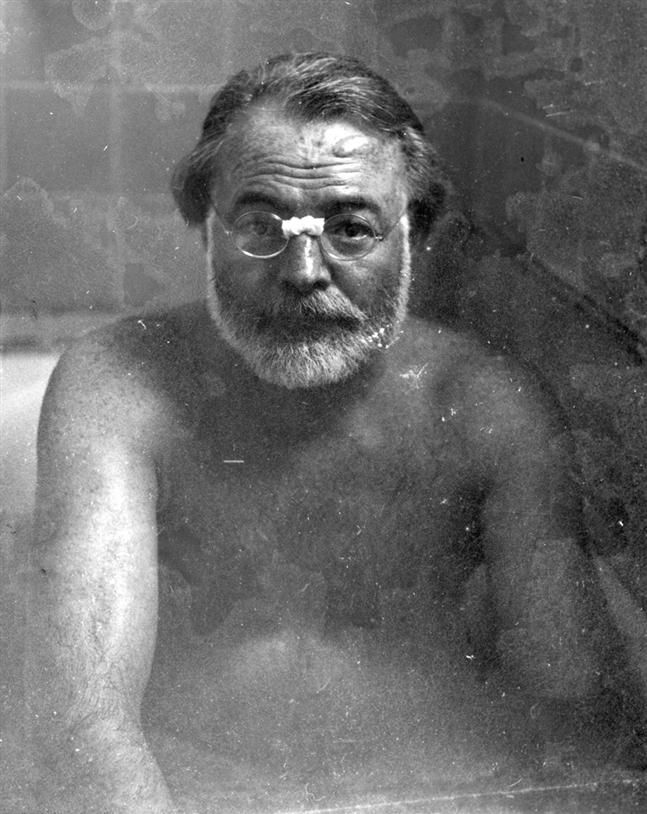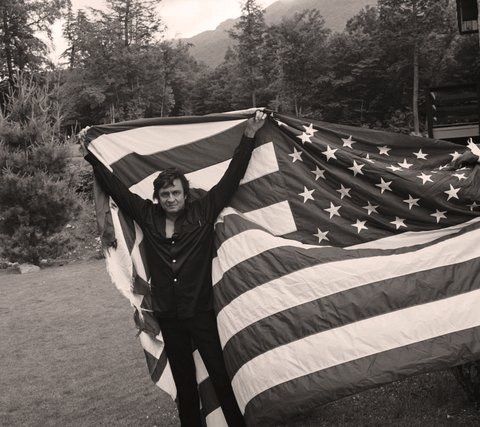Let’s talk about cheating—not the movie kind, not the lipstick-on-the-collar kind. Not the loud, scandalous kind that ends with shouting and broken plates.
No.
I’m talking about the quiet kind. The kind that creeps in through the cracks. The kind that doesn’t leave lipstick on your shirt but leaves silence in your bed. The kind that doesn’t fuck your body, but hollows out your soul. Emotional cheating.
That’s the kind that killed me.
Cheating is simple when you strip it down: it’s when someone seeks fulfillment—emotional, physical, spiritual—from someone who isn’t their spouse. It’s when they look at another person the way they used to look at you. It’s when they give the best of themselves to someone else and leave you with scraps.
But emotional cheating? That’s a slower poison.
It starts with a smile. A text. A long conversation you’re not part of. It builds in silence—grows roots in the gaps between arguments and routine. And one day, you wake up and realize you’re not competing with another man’s body. You’re competing with his attention.
In my case, it started in the margins. It started with silence. Long drives where I talked about building our new house and she stared out the window like I wasn’t there. She was already gone. Checked out. But I kept showing up, like a goddamn ghost of a husband, hoping she’d turn and notice the effort, the sacrifice, the fucking love.
Then came Viking. Mr. Contract Man. First name, last name, didn’t matter. All I saw was how she lit up around him—how she poured herself into conversation like she hadn’t done with me in years. It was deliberate. It was loud. Made him uncomfortable. Made me humiliated. I brushed it off. One-off, I thought. Just a moment. A fluke. Then came Keith—the dad from the Girl Scouts.
Every husband rolled their eyes at Keith. He hung around the cookie booths like a drunk bee sniffing for sugar, always laughing too loud, standing too close. We all joked about him. Until it was my wife who took the bait. Grabassing with him like they were in high school and not two grown adults in a suburban parking lot surrounded by minivans and folding tables.
I confronted her. Told her it was disrespectful. Told her I wasn’t okay with it.
She made me feel like the villain.
You’re jealous. You’re controlling. You’re imagining things.
Classic deflection.
But she wasn’t done.
Because then came the real one. The stay-at-home dad. My son’s best friend’s father. That one stung like a punch to the gut. He was always around—school functions, playground visits, volunteer days. Pretending to help, pretending to be harmless, when really he was circling like a dog waiting for a bone.
I watched him once—right in front of me and our accountant—reach for her necklace like he was admiring it, brushing her chest like he owned it. And she just stood there. Let him. No flinch. No shame. No acknowledgment that I was three feet away, dying inside.
I told her. I was honest. I said it hurt me. I said it was tearing holes in the only thing we’d built together. I asked her to stop. Not begged—asked. Like a man still trying to believe his wife gave a shit about his pain.
She didn’t stop.
She doubled down.
Started texting him more. “Cutie,” she called him. Started lingering when they passed each other. Started staying out longer. “Errands,” she said. Came back with nothing but receipts and that empty stare. She had no intention of stopping. Not for me. Not for our son. Not for twenty years of marriage.
November 11, 2010. My son’s birthday.
The day a piece of me died.
I stood in the kitchen. Balloons still bobbing from the ceiling. Leftover cake drying out on the plate. Nerf guns all loaded up for a party I planned, paid for, organized. My son’s laughter echoing through the yard.
And there she was—leaning against the stove, grinning at her phone. Texting him. On our son’s birthday. She turned to me, stone cold, and said, “Todd’s coming to the party. Don’t make a scene.” That was it. Like I was the problem. Like I was some rabid dog she had to muzzle before company came over. I told her flat out—if I see you say one goddamn word to him, if I catch you looking at him like you’ve been looking at that phone, I’m walking. I meant it. He showed up and I smiled. Tight. Dead behind the eyes. Let the other parents do the hosting. I stood back, quiet, watching the room like a bouncer in my own home.
But she was already gone.
Later that day, I started following the silence. And that’s when I found them—out back by the garage. Whispering. Laughing. Touching. Her hand on his arm like it belonged there. His voice low, intimate, like they were swapping secrets in bed. When he saw me, he froze. Looked like a boy caught with his hand in the goddamn cookie jar. Didn’t say a word—just dropped his eyes and walked down my driveway, head bowed, disappearing off my property like the coward he was.
And her?
She didn’t even flinch.
Didn’t explain. Didn’t apologize. Just stood there. No guilt. No shame. Like she’d finally chosen her side and I was just another inconvenience she’d outgrown.
That was her cruelty. Not the affair itself—but the indifference. The way she didn’t even try to hide it anymore. The way she looked at me and said, without saying a word, “I don’t care if you know.”
It was that disregard. That erasure.
Like I’d never mattered at all.
That was the moment.
I left the home right after Thanksgiving. Newport Beach. Some overpriced rental with ocean views and hollow smiles. A family vacation in name only. She posed for pictures with the kids, played the role of loving mother, while I slept on the goddamn couch like a housebroken mutt no one wanted in the bed anymore. I watched the waves roll in at night, wondering how the hell we got here—me exiled to the sofa, her thumbing through her phone like nothing was broken.
When we got back home, I tried—one last time—to bring it up. The elephant in the room. The affair, the silence, the lies. I asked if we could talk, if we could just sit down like two adults and acknowledge what the hell was happening to us. She didn’t even blink. Just turned and said, “This is becoming very abusive.”
Abusive.
That word hung in the air like a trap. A loaded term spit out with the precision of someone who’d been rehearsing it, researching it—probably reading blog posts and Reddit threads late at night while texting him under the covers. She said it with a tone, cold and practiced, like she was preparing a case. Not a conversation—a strategy. She didn’t want to fix anything. She wanted an alibi.
And I just stood there, staring at this woman who looked more and more like her mother every day. That same hollowed-out face, that same dead stare. A ghost. Not the girl I married twenty years ago. Not the woman I built a life around. Just a mirror of the bitterness she swore she’d never become.
I didn’t recognize her anymore.
And maybe that was the final answer.
Author’s Note
Let me say this as plainly as I can: what gutted me wasn’t the affair—it was the silence that came before it. The months of sleeping beside someone who had already left, the years of slow retreat behind a phone screen, behind fake errands, behind emotional walls so thick you’d think I was the one who broke something.
Cheating isn’t always a motel room and a lie about working late. Sometimes, it’s a smile sent to someone else. A secret text. A “cutie” in a thread that isn’t yours. It’s giving the best of yourself—your laughter, your excitement, your attention—to someone who didn’t earn it, while the person you vowed to love gets the scraps, the ghost, the “don’t make a scene” version of you.
I wrote this because no one tells this side of the story.
No one writes about the man who stayed.
The man who kept showing up, day after day, paying the mortgage, buying the birthday cake, trying to be enough for someone who decided a long time ago that he never would be.
No one tells you that betrayal doesn’t always come with lipstick on a collar. Sometimes it comes in the form of a phone you’re not allowed to touch. A laugh you haven’t heard in years suddenly reappearing—for someone else. A necklace being touched by another man while your wife just smiles and lets it happen.
It’s in the way they stop coming home with groceries, stop texting you back, stop touching you. But never stop showing up for him.
What you’re reading isn’t revenge. It’s not bitterness. It’s the autopsy of a twenty-year marriage, written by the man who tried to save it even while it bled out on the kitchen floor. I didn’t leave because I stopped loving her. I left because I finally realized I was the only one still standing at the altar.
If you’re in it—if you’re the one still showing up, still begging for connection, still apologizing for asking to be seen—know this:
You’re not crazy.
You’re not weak.
You’re not impossible to love.
Sometimes the cruelest thing someone can do to you is not leave. It’s staying just long enough to make you believe they still care.
And sometimes the strongest thing you’ll ever do is walk away—quietly, finally, and for good.
—J.O.


















